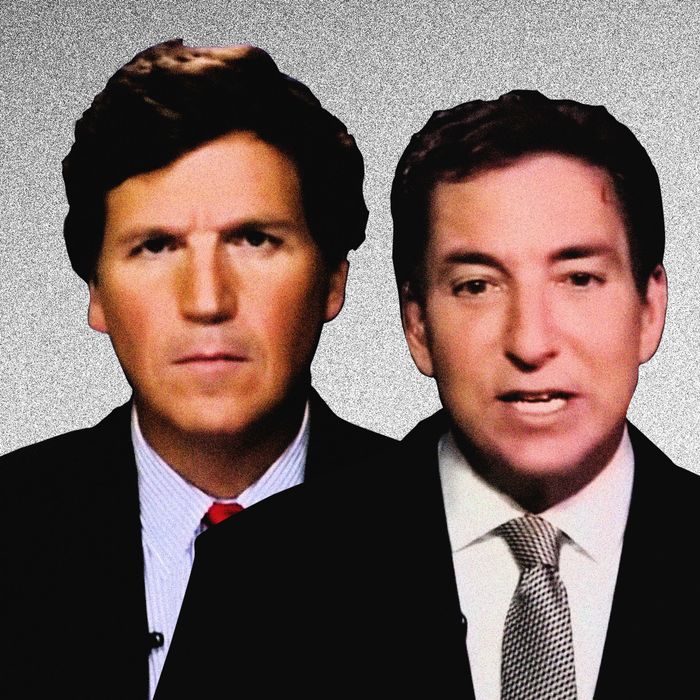The Far Left-Far Right Pro-Russia Alliance

This group hardly needs to hear this, but Michael Kazin is completely correct about the need of liberals and the left to reject the pro-Russia, anti-Ukraine alliance with the far right.
These critics ignore or dismiss the fact that every nation that joined NATO did so willingly, knowing that Russia was capable of launching the kind of attack now underway in Ukraine. In the aftermath of the Soviet Union’s demise, the expansion of NATO may well have been too hasty. But not one of its newer members has done anything to threaten Putin’s regime. And every country that joined the alliance enjoys a democratically elected government. They contrast sharply with the handful of nations, besides Putin’s, that voted against a UN resolution last month demanding the Russians withdraw from Ukraine: Belarus, North Korea, Syria, Nicaragua, Eritrea, and Mali. All but the last are one-party dictatorships, and Mali relies on Russian mercenaries to battle Islamist rebels.
It seems not to bother these leftists that they are making common cause with some of the most atrocious and prominent stalwarts of the Trumpian right. Tucker Carlson routinely bashes the U.S. commitment to Ukraine with lines like “Has Putin ever called me a racist?” while Marjorie Taylor Greene recently declared, “I’m completely against the war in Ukraine. . . . You know who’s driving it? It’s America. America needs to stop pushing the war in Ukraine.”
On February 19, some members of the alliance of right and left staged a demonstration at the Lincoln Memorial in Washington to vent its “Rage Against the War Machine.” Speakers included Ron Paul and Tulsi Gabbard as well as Jill Stein, the Green Party’s 2016 nominee for president. Carlson promoted the event on the highest rated “news” show in the history of cable TV. At the Memorial, several protesters flew Russian flags.
To paraphrase August Bebel’s famous line about anti-Semitism, the hostility of those leftists who oppose helping Ukraine is an anti-imperialism of fools—although, unlike past Jew haters, they are fools with good intentions. Wars are always horrible events, no matter who starts them or why. And we on the left should do whatever we can to stop them from starting and end them when they do.
But neither the United States nor its allies forced Putin to invade. In speech after speech, he has made clear his mourning for the loss of the Soviet empire and his firm belief that Ukraine should be part of a revived one, this time sanctified by an Orthodox cross instead of the hammer-and-sickle. As the historian (and my cousin) David A. Bell wrote recently, the United States is not “the only international actor that really matters in the current crisis.” It may have the mightiest war machine, but Biden is not shipping arms to Ukraine in an attempt to subjugate Russia to his will. We should, Bell writes, “judge every international situation on its own terms, considering the actions of all parties, and not just the most powerful one. . . . the horrors Putin has already inflicted on Ukraine, and his long-term goals, are strong reasons . . . for continuing current U.S. policy, despite the attendant costs and risks.”
The monetary cost is obviously not small. By the end of January, the United States had spent $46.6 billion on lethal aid to Ukraine. But as a portion of what our bloated military has available to it every year, that sum is little more than a rounding error. The defense budget in the past fiscal year was close to $2 trillion. The cost of the latest U.S. aircraft carrier ran to $13 billion all by itself. The Navy now has eleven aircraft carriers. Isn’t helping Ukraine defend its right to exist as an independent country a worthier expense?
The debate over the war among American leftists could have an impact on whether the United States keeps sending substantial aid to Ukraine’s armed forces. Progressives wield more influence in the Democratic Party than they have in decades. So far, most have followed the lead of Bernie Sanders in denouncing the Russian onslaught and endorsing the NATO effort to repel it. More Republicans oppose aiding Ukraine than Democrats. But if that changes, public backing for U.S. policy, already slipping after a year of inconclusive fighting, could crumble entirely. A negotiated settlement may be the only way the war ends. But without a strong and consistent policy of support to the government in Kyiv, the agreement would be on Putin’s terms.


